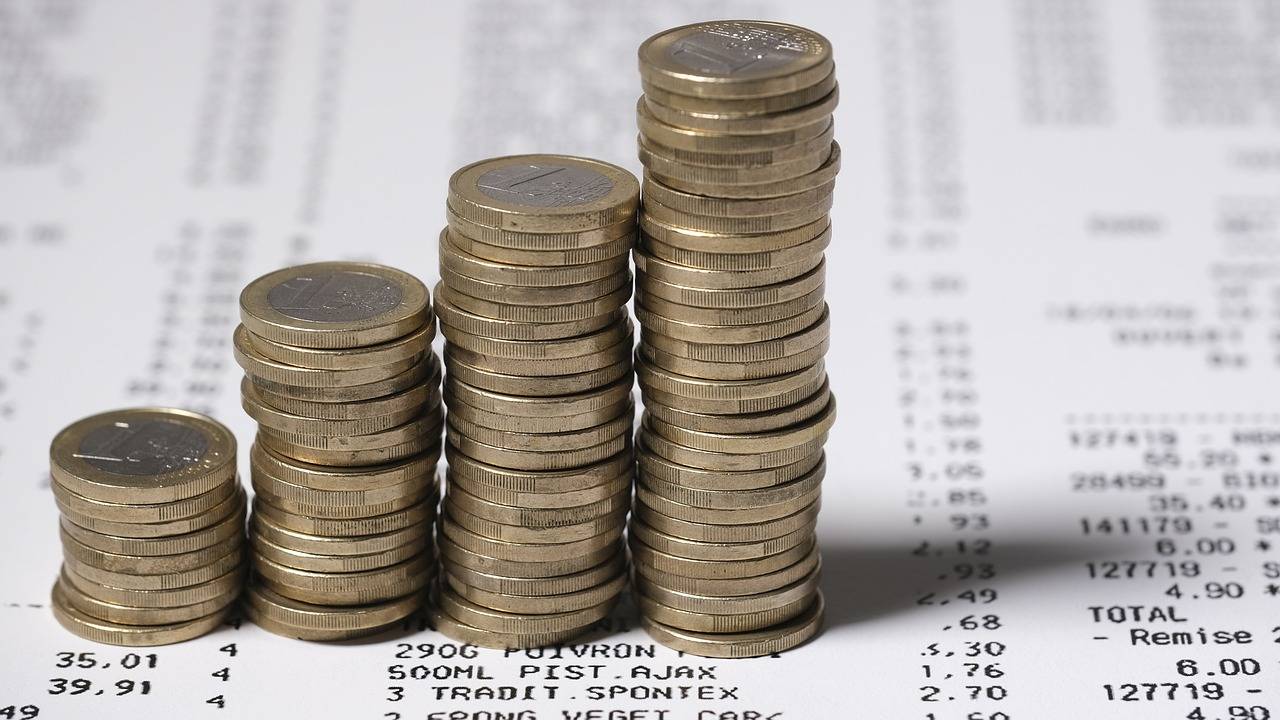Understanding the Circular Economy: Redefining Shopping Practices
Sustainable practices are essential for the health of our planet and the well-being of future generations. With the ever-growing global population and increasing demands on our resources, it is crucial that we shift towards more sustainable ways of living to ensure a sustainable future. By adopting sustainable practices, we can reduce waste, conserve resources, and minimize our impact on the environment.
The need for sustainable practices extends to all aspects of our lives, from the way we consume and produce goods to how we manage our energy consumption and waste disposal. Embracing sustainability not only benefits the environment but also contributes to economic stability and social equity. It is time for individuals, businesses, and governments to prioritize sustainability and work together towards a more sustainable and resilient future.
The Concept of a Circular Economy
Understanding the concept of a circular economy is essential in achieving long-term sustainability goals. In such a system, resources are constantly reused, recycled, and repurposed to minimize waste and reduce the extraction of fresh raw materials. This shift from a linear model of production and consumption to a circular one promotes the responsible use of resources and creates a more sustainable way of living for future generations.
By adopting a circular economy approach, businesses and economies can transition towards a more regenerative and restorative system. This shift not only reduces environmental impact but also presents economic opportunities through innovations in recycling, remanufacturing, and renewable energy sources. Embracing the principles of a circular economy can lead to greater efficiency, cost savings, and resilience in the face of global challenges such as climate change and resource scarcity.
What is the concept of a circular economy?
A circular economy is a system in which resources are used in a sustainable and efficient manner, where products are designed to be easily reused, repaired, and recycled.
Why is it important to adopt sustainable practices in the economy?
It is important to adopt sustainable practices in the economy to reduce waste, conserve resources, and minimize environmental impact for the well-being of current and future generations.
How can businesses benefit from implementing circular economy principles?
Businesses can benefit from implementing circular economy principles by reducing production costs, improving resource efficiency, and enhancing their reputation as environmentally responsible entities.
What role do consumers play in transitioning to a circular economy?
Consumers play a crucial role in transitioning to a circular economy by making informed purchasing decisions, supporting sustainable products and practices, and practicing responsible consumption habits.
What are some examples of circular economy initiatives that have been successful?
Examples of successful circular economy initiatives include companies implementing take-back programs for used products, utilizing recycled materials in manufacturing processes, and promoting product longevity through repair and refurbishment services.





